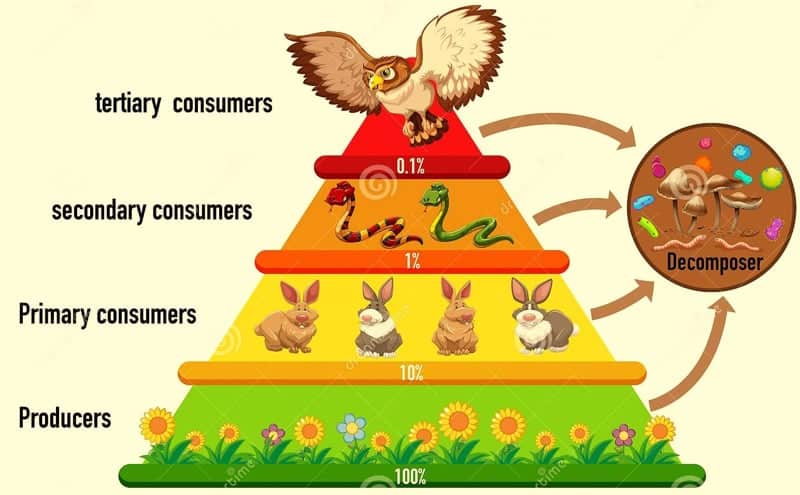Table of Contents
Meaning of Commerce and Trade
Trade refers specifically to the buying and selling of goods and services. It involves the exchange of things of value between two or more parties.
Commerce is a broader term that includes all activities related to the buying and selling of goods and services. It encompasses the entire system and infrastructure that supports trade.
SEE ALSO: Meaning of Commerce (Full introduction)

Divisions of Trade
- Home trade
- Foreign trade
Home Trade
Home trade happens inside a country. It involves buying and selling goods and services only within that country’s borders. Home trade uses the country’s own money and languages. It does not cross the border to other countries.
Home trade is divided into wholesale trade and retail trade.
1. Wholesale Trade
Wholesale trade involves buying large amounts of goods from manufacturers. Wholesalers are the traders that buy in bulk from manufacturers. Wholesalers then sell smaller amounts to other traders called retailers.
So the business chain goes: Manufacturer – Wholesaler – Retailer – Customer
2. Retail Trade
Retailers buy large amounts of goods from wholesalers or directly from manufacturers. Retailers then sell smaller amounts of the goods to final customers. For example, a retailer might buy cartons of candy from a wholesaler. The retailer then sells the candy in small packets to customers in a shop.
Examples of goods in home trade are biscuits, sweets, soap, noodles, bread, cars, electronics, etc.
Foreign Trade
Foreign trade is trade between one country and other countries. It crosses borders and involves different currencies and languages. For example, Nigeria buys cars, machines, electronics etc. from other countries. Nigeria sells cocoa, oil, cotton and other goods to other countries. Foreign trade is also called international or external trade.
Types of Foreign Trade
Foreign trade has three main types – import, export and entrepôt trade.
Import Trade
Import means bringing goods and services into a country from another country. Imports are paid for with currency or trading. Examples are imported shoes, cars, electronics etc. Imported services like technical advice and education are also paid for.
Export Trade
Export means selling a country’s own goods and services to another country. Countries encourage exports to earn foreign money and pay for imports. Examples of Nigerian exports are oil, coal, cocoa, fruit products. Nigeria also exports services like electricity and education.
Entrepôt Trade
Entrepôt trade involves importing goods from one country and re-exporting them to another country for sale. For example, goods from Japan are imported into Nigeria and then exported to Cameroon for sale.
Differences between Home trade and Foreign trade
| Home Trade | Foreign Trade | |
|---|---|---|
| Location | Within the borders of a single country | Between two or more countries |
| Parties Involved | Buyers and sellers from the same country | Buyers and sellers from different countries |
| Currency Used | Local currency of the country | Different currencies of the trading countries |
| Trade Regulations | No customs duty or import/export regulations | Regulations and restrictions may apply |
| Transportation | Within domestic borders | International transportation across borders |
| Language | Local language used | Different languages used |
| Volume | Generally smaller scale | Large scale transactions |
| Examples | A shopkeeper selling goods to local customers | Nigeria exporting oil to Europe |



